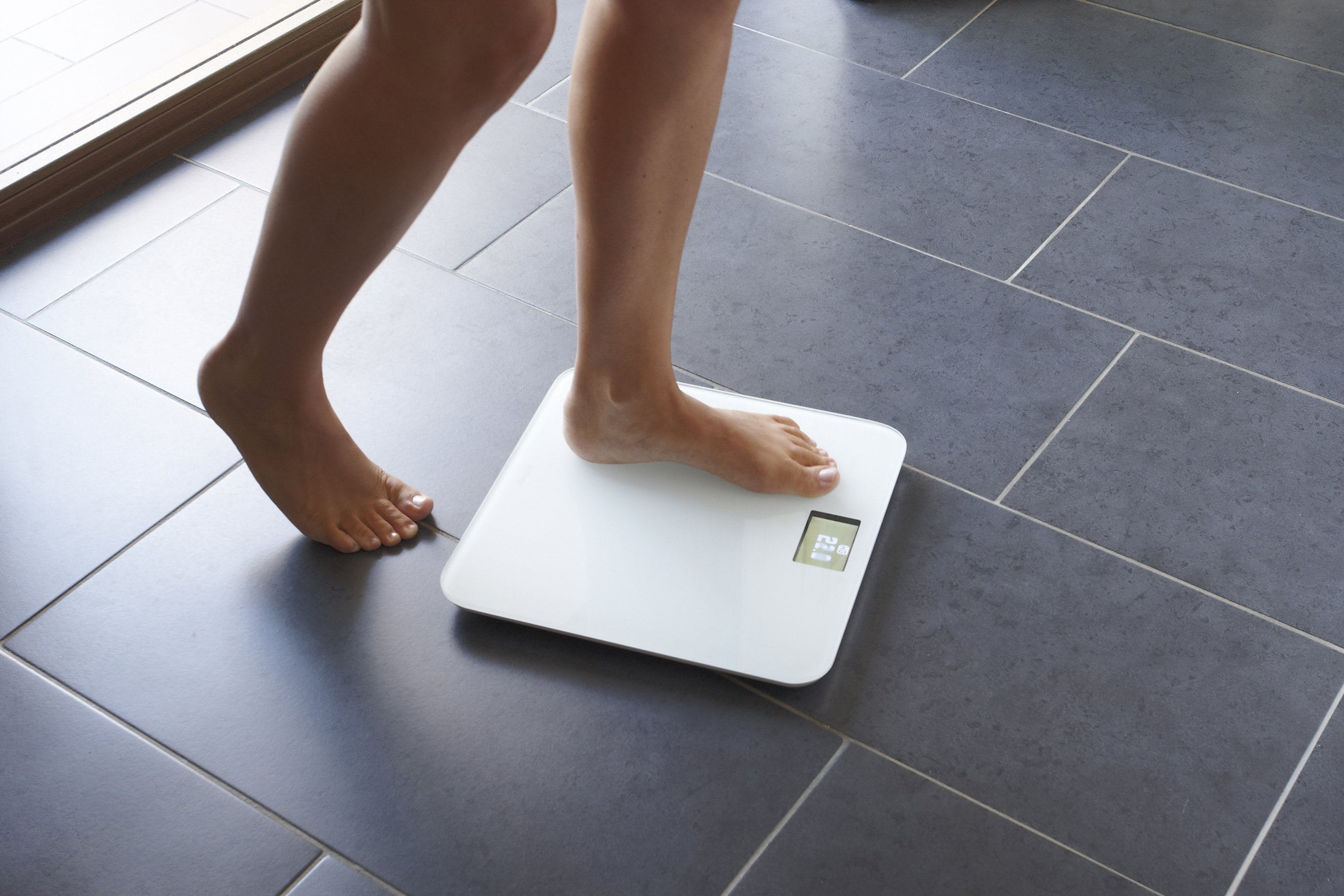One of the most frustrating things can be when you think you’re doing everything right in order to loose weigh but you’re not getting any results for all your hard work. At worst, you could even be gaining more fat, which is a recipe for loosing motivation and feeling like nothing you do will work. Stop! More often than not, one or more of these silent showstoppers are what’s really holding you back from hitting your weight loss goals.
Health and fitness expert Libby Babet shares 5 of the most common reasons why you’re not losing fat and how to counteract them:
1. You think your diet is healthy… but it isn’t.
If your diet consists of a whole lot of “diet products”, guess what? That’s not real food. If you are consuming low calorie drinks, low carb noodles, protein bread, low-fat cereal or long-life guacamole, it’s definitely not the same thing as your body receiving real, nourishing food in its natural form. My advice is to try to steer clear of eating too many things with labels! If you can’t pronounce the ingredients
2. You’re burnt out
If you’re stressed at work, going hard at the gym, not getting enough sleep, chugging coffee and generally operating at a million miles an hour, you could be sabotaging your weight loss efforts.
When you’re constantly working your adrenal glands, which are your first line of defence for managing stress, your body will produce hormones like cortisol and insulin (as a result of all the cortisol). This is okay every now and again, but when it happens chronically, excess of these hormones can mean that you can’t burn fat no matter what exercise or diet program you follow.
If this sounds like you, see a holistic doctor for a plan to restore the health of your adrenals and start your own healing by cutting out coffee, refined sugar and alcohol, making sure you get 7-8 hours sleep (minimum!) each night to help rebalance your hormones, and perhaps consider taking up meditation, yoga, or even just regular walks in the great outdoors. Eat a diet rich in wholefoods and low in chemicals and… turn all your screens off after 7pm. Tough love!
3. Your gut isn’t happy
A lot of health issues start in your digestive system, so if you’re constantly feeling discomfort in your tummy, it might be worth getting checked. A poorly functioning gut can affect your immune system, create hormonal imbalances and be the catalyst for blood sugar fluctuations, all of which make it harder to lose weight and keep it off.
Get yourself off to see a professional for this one, or start by including a quality probiotic supplement, fermented foods, healing bone broths and and more fibrous vegetables in your diet.
4. Your blood sugar levels are unstable
When your blood sugar levels are chronically elevated, or fluctuating between high and low, it results in imbalanced blood sugar levels. If you often feel ‘starving’ between meals, crave sugar constantly, or have a diet high in sweets and carbohydrates, you may be in this category, which makes fat loss really tough.
Make sure you get a checkup first, then try a 2-week challenge to turn your blood sugar level issues around. Remove all refined sugar, sauces/toppings and simple carbs, such as white bread, pasta, rice, crackers and baked goods, from your diet. Instead load up on quality proteins from meat, fish and eggs, plus healthy fats like avocado, chia seeds and organic dairy, as well as plenty of fresh fruit and vegetables. Getting off the blood-sugar rollercoaster will do wonders for your health and waistline.
5. You’re not doing the right kind of training for your body or age
We’re all different. Some people suit a lot of cardio, while others respond better to weight training, and for others, yoga or pilates are key. If you’ve been doing the same thing with your sessions for a while, try shaking it up by switching your ratios around. Ditch a few cardio sessions and replace them with strength work, or add a few yoga sessions to your week. You know what they say about doing the same old thing and expecting different outcomes!
It’s also important to be aware that your needs may change as you get older. In your 20s, cardio will often be more than enough to get you through. In your 30s, strength training becomes more important. From 40, flexibility is harder to maintain and from 50 onwards, functional and balance training are critical. Remember that multi-directional and rotation training are important throughout every stage.
By health and fitness expert Libby Babet
Libby Babet has a long line of credentials under her belt. As a known health specialist, presenter and writer, fitness expert for Women's Fitness Magazine, owner of AGOGA and' Bottoms Up!' Fitness, and brand ambassador for Lululemon and Vie Active, Libby’s passion for wellbeing makes her one of Australia’s favourite health and fitness personalities.
http://www.libbybabet.com/


